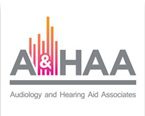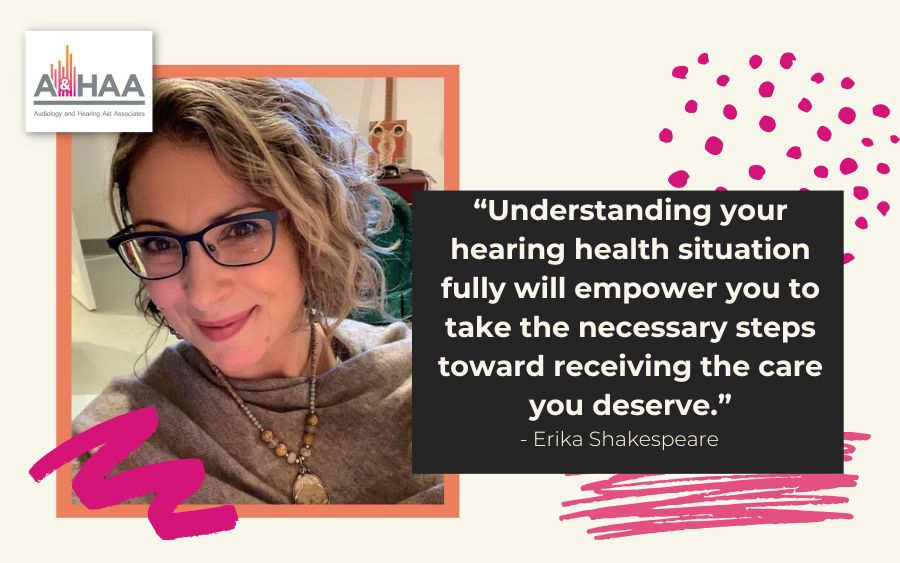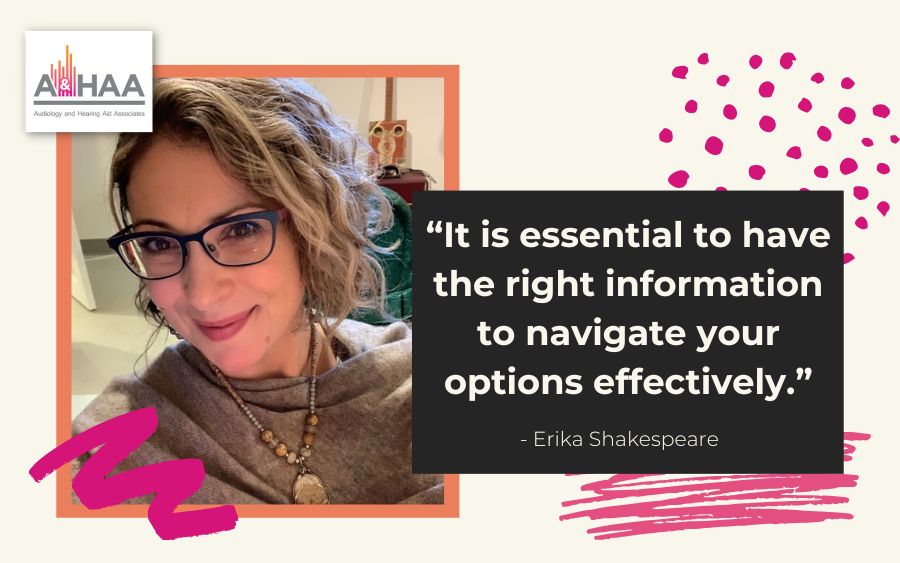One of the most common questions posed to audiologists and hearing care professionals, particularly by older adults, is why Medicare does not cover hearing aids.
Given the significant number of seniors who could benefit from these devices, this exclusion may be puzzling to many.
Historical and Structural Reasons
The lack of Medicare coverage for hearing aids stems from the way Medicare is structured and funded, as well as historical reasons. Medicare, the federal health insurance program primarily for people aged 65 and older, was established in 1965 under Title XVIII of the Social Security Act. The Social Security Act of 1965 has direct exclusions for hearing aids, glasses and dental services. These are three of the most utilized healthcare services for individuals over 65, so why doesn’t Medicare cover them?
At its inception, Medicare was designed to cover primarily acute medical conditions and treatments, such as hospital stays, doctor visits, and certain medical procedures. Over the years, the program has expanded to cover some preventive services and certain types of durable medical equipment, but coverage for hearing aids has not been included in the original framework.
Cost Concerns
Hearing aids have a cost associated with them, and covering them for the entire Medicare population could significantly increase program costs. This has been a barrier to including hearing aids in Medicare coverage.
Legislative and Regulatory Hurdles
Efforts to expand Medicare coverage to include hearing aids have faced challenges in Congress and in regulatory agencies. Various proposals have been introduced over the years to address this issue, but none have been successful in enacting broad coverage for hearing aids under Medicare.
Evolving Technology and Needs
When Medicare was first created, hearing aids were not as advanced as they are today and were not as commonly utilized. The original Medicare framework could not anticipate the advancements in technology that have made hearing aids more essential for improving the quality of life among seniors.
Alternatives and Solutions
While Medicare does not cover hearing aids, some Medicare Advantage plans or supplemental insurance policies may offer access to “discount programs” for hearing aids or related services through partnerships with third parties. Additionally, Medicaid, the joint federal and state program that provides health coverage to low-income individuals, may cover hearing aids in some states for those who qualify based on income and other eligibility criteria. Many states have other programs to help close the gap for hearing health care services. Make sure to share your financial concerns with your audiologist so they can connect you to the resources that are right for you.
Managing Your Hearing Health
The exclusion of hearing aids from Medicare coverage is a multifaceted issue rooted in historical, financial, and legislative factors. While change at the policy level has been slow, alternatives through Medicare Advantage plans and state programs provide some pathways for individuals to obtain the hearing aids they need.
Our insurance experts are committed to helping our patients navigate these options and find solutions that allow them to manage their hearing health effectively and affordably.
Are you concerned about hearing loss or the costs associated with hearing aids? Schedule a consultation with us today and let us help you explore your options for better hearing and a better quality of life.







